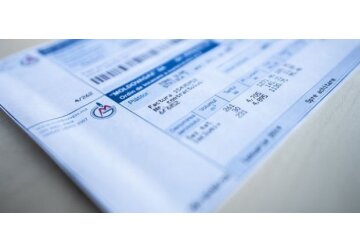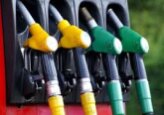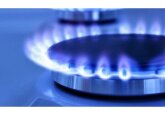
According to WB estimates, if there were no compensation of energy bills, the poverty rate in Moldova would increase 1.5 times - from 28.2% to 43.6%.
This is stated in a study by World Bank experts, which notes that the recent increase in energy prices has exacerbated energy affordability problems in Moldova. At the beginning of the 2023/2024 heating season, gas prices increased almost 4 times, compared to the 2020/2021 season, while heating and electricity prices increased by 170% and 40%, respectively. Solid fuel (firewood) prices have also increased by 30%. In the absence of mitigation measures or compensatory behaviors such as reducing energy consumption, modeling using Household Budget Survey (HBS) data shows that energy costs in the heating season would be twice as high as in a hypothetical scenario with energy prices at pre-crisis levels. Urban households that already allocate a significant portion of their budget to natural gas would have seen their costs increase by 2.7 times the counterfactual level. Similarly, households in Chisinau that incur significant costs for centralized heating would have seen their electricity costs increase by 2.6 times the pre-crisis level. In the absence of mitigation measures, the recent increase in energy prices could have had a significant negative impact on welfare, especially for households in urban areas and Chisinau. Using HBS and pre-crisis energy prices to calculate what the poverty rate would have been if energy prices had remained at pre-crisis levels without any mitigation measures, the WB experts found that the poverty rate would have been 15.4 p.p. (1.5 times) higher during the heating season - 43.6% instead of 28.2%. In absolute terms, urban households (compared to rural households) and households in the already poorer South (compared to households in other regions) would experience the most significant increase in the poverty rate during the heating season, with this rate being 21 p.p. higher than the baseline poverty rate. // 16.05.2024 - InfoMarket.







